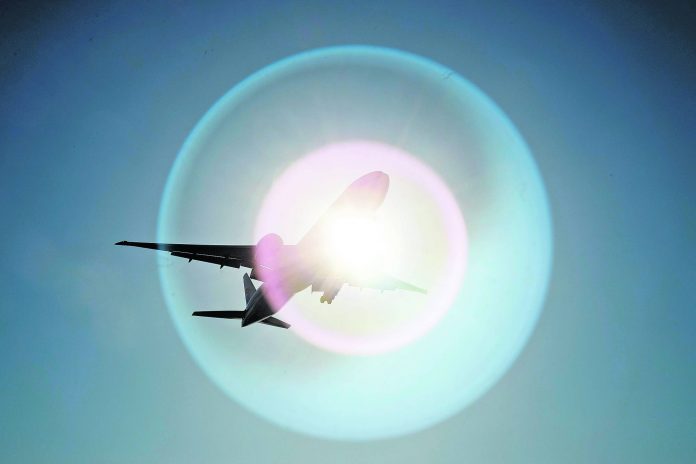
Chinese regulators said Thursday more foreign airlines will be allowed to fly to China as anti-coronavirus controls ease, but it was unclear whether the change will defuse a fresh conflict with the Trump administration over air travel.
The announcement came after Washington said Wednesday it would bar four Chinese airlines from the United States because Beijing was failing to allow United Airlines and Delta Air Lines to resume flights to China.
Airlines that were flying to China when controls were imposed in March were allowed to keep making one flight per week. United and Delta had suspended their flights before that and asked permission to resume.
Airlines that aren’t on the March list can make one flight per week starting Monday, the Civil Aviation Administration of China said on its website.
The announcement appeared to open the door to United and Delta but CAAC gave no indication which carriers were affected. An employee who answered the phone at CAAC said she had no details. She would give only her surname, Yan.
Asked what it heard from Chinese regulators about its status, United said in a statement, “We look forward to resuming passenger service between the United States and China when the regulatory environment allows us to do so.”
The dispute adds to U.S.-Chinese strains over trade, technology, Taiwan, human rights and the status of Hong Kong.
The Chinese foreign ministry expressed regret at the U.S. announcement and said CAAC was “making solemn complaints” to the Department of Transportation.
“Some progress has already been made in the arrangements. China has also announced adjustments of its policies,” said a ministry spokesman, Zhao Lijian. “We hope the United States will not create obstacles for solving the problem.”
Foreign carriers will be allowed to increase flights to two per week if they go three weeks with no passengers testing positive for the virus, CAAC said. It said a route will be suspended for one week if the number of passengers who test positive reaches five.
Ahead of the Chinese announcement, the Transportation Department accused Beijing of violating a 1980 agreement on air travel. It said in response, Chinese carriers would be allowed the same number of flights as Beijing permitted U.S. airlines.
The department said President Donald Trump could put the order into effect before June 16. The department protested last month that Beijing was preventing U.S. airlines from competing fairly against Chinese carriers.
The four airlines affected by the order are Air China, China Eastern Airlines, China Southern Airlines and Xiamen Airlines.
The Chinese ministries of commerce and transportation didn’t immediately respond to questions about how Beijing might react.
Before the pandemic, there were about 325 passenger flights a week between the United States and China, including ones operated by United, Delta and American Airlines. While U.S. carriers stopped flying, Chinese airlines made 20 weekly flights in mid-February and 34 by mid-March.
The Transportation Department said it objected to China’s March limit but Beijing responded last week that it was not violating the air-travel treaty because the same one-flight limit applies to Chinese airlines.
United and Delta announced last month that they hoped to resume flights to China in June, as air travel has begun to recover recently. United wants to fly from San Francisco to Shanghai and Beijing and from Newark, New Jersey, to Shanghai. Delta seeks to resume flights via Seoul to Shanghai from Seattle and Detroit.



















